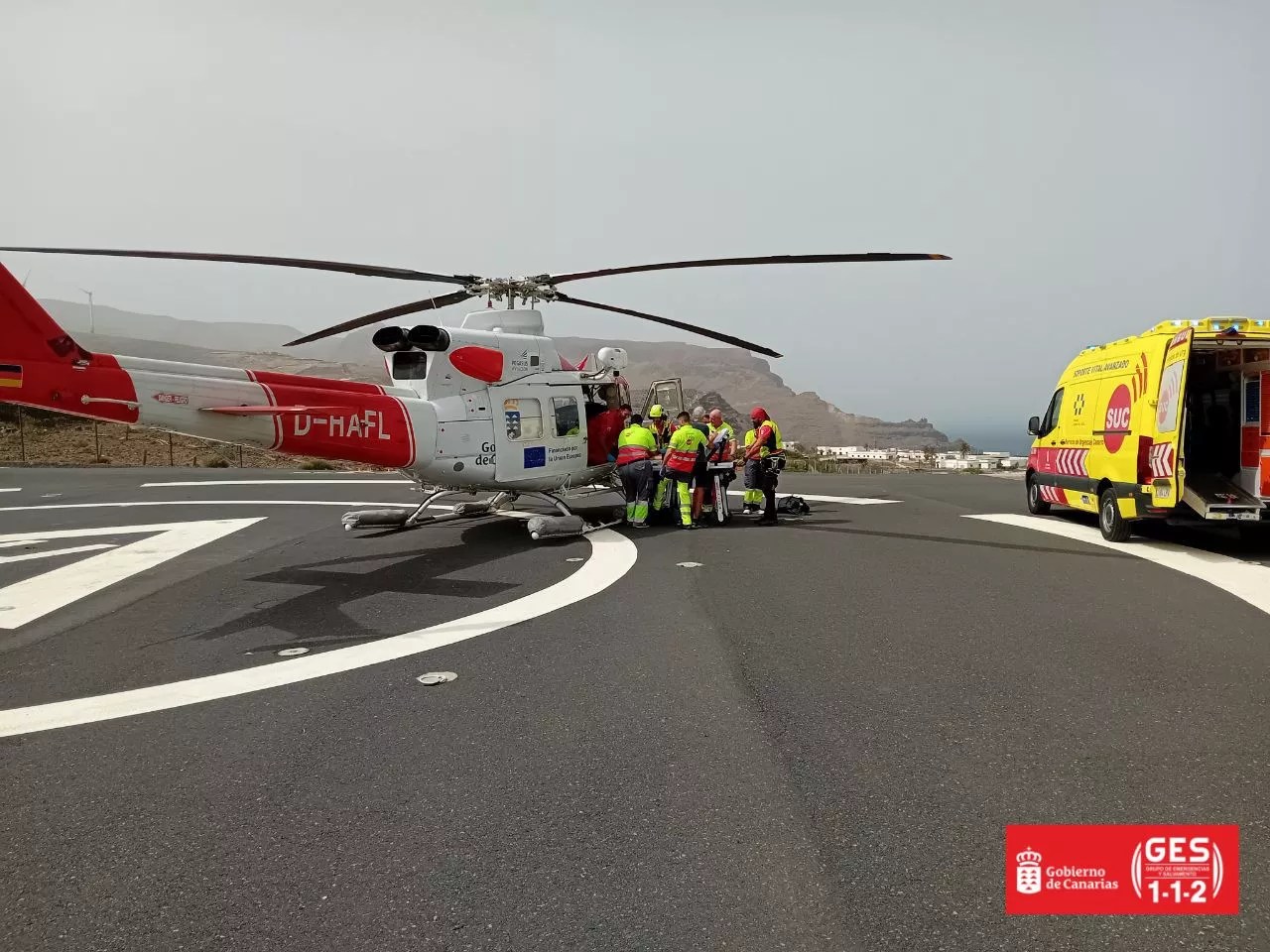
The vice president of Cabildo acknowledges the challenges but urges a calm approach to island issues
SANTA CRUZ DE TENERIFE, 27th March (EUROPA PRESS) –
Lope Afonso, vice president and tourism advisor of Cabildo de Tenerife, expressed on Wednesday that the record-breaking 6.5 million tourists on the island last year do not make him feel “dizzy” as there is a well-established experience of coexisting with them.
During a press conference to announce Government Council agreements, he expressed concern that tourism is being singled out ahead of a citizen demonstration scheduled for 20th April amidst a mix of all the island’s issues.
Afonso recognised existing “mobility” challenges known to Cabildo but deemed it unfair to pin all blame on tourism, the primary economic powerhouse and wealth creator on the island.
The vice president called for a calm and reasoned appraisal of tourism’s achievements, overcoming the pandemic setback and now seen as a sector that deserves recognition despite issues like homelessness, attributing the root cause to a contraction in the public housing sector during high demand periods.
“Previous years have seen shortcomings in public housing policies, failing to introduce sufficient housing to ease price pressures, consequently driving up tourist activity,” he pointed out.
He also criticised the current legal framework, stressing the lack of legal assurance for property owners to reclaim their premises, leading them to opt for the vacation rental model with guaranteed returns and increased profitability.
He stressed the need for a segmented analysis tailored to each situation.
Regarding water scarcity, he clarified that the issue “does not stem from tourist consumption,” which has decreased due to fewer available beds since the pandemic.
HOTELS NOT TO BLAME FOR WATER SCARCITY
“Consumption rates have not risen. Drought remains the main issue,” he emphasised, noting that many hotels have their desalination plants and endorse responsible water usage policies.
He cautioned against rash conclusions, attributing the island’s water crisis to drought and leaks in municipal networks, prompting a water emergency declaration to plan for upcoming challenges.
Despite acknowledging the organisers of the protests – involving more than a dozen environmental groups, he also highlighted the political forces unsupported in institutions backing some initiatives.
On a promotional note, he expressed concern about how such demonstrations impact the destination image, particularly when catering to a demographic requiring higher spending, superior quality, and responsible policies.
He stressed the importance of countering this impact on foreign media with accurate information and an awareness campaign highlighting tourism’s social contribution as the Canary Islands’ primary cohesion factor.
Afonso admitted that rival destinations have a vested interest in tarnishing Tenerife’s reputation, cautioning against naivety in interpreting information related to protests solely as journalistic interest, as there may be ulterior motives at play.
















